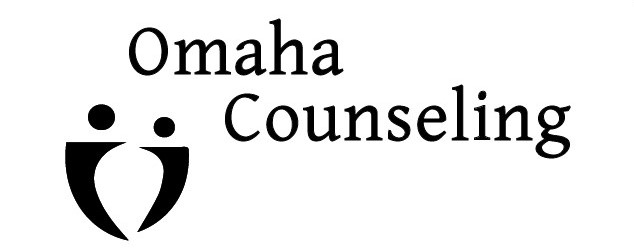Making the decision to go to couples therapy can feel like a huge, daunting step towards a better relationship with your partner. First, it entails admitting the fact that things aren’t going well in your lives and you need outside support – both difficult truths to face. And for those with zero or little experience of the therapy world, the whole process can seem confusing, challenging, strange, or just plain weird. Due to these reasons and others, people often prolong seeing a marriage or couples therapist even though one or both partners believe it would be beneficial overall to their relationship.
In my last blog, we explored how couples can learn to navigate the rough waters of infidelity with the help of couples counseling and engaging in authentic, open communication with each other. Besides infidelity, why would people need to see a couples therapist?
According to an article in Business Insider (December 10, 2017), “a new survey of 1,000 engaged, married, and divorced people from MidAmerica Nazarene University found that people think couples attend marriage counseling because of problems with children, work, communication, money, infidelity, in-laws, and parenting style, in that order. But the actual reasons why couples report finding themselves on the proverbial couch are communication, infidelity, money, children, parenting, in-laws, and work, in that order.” There’s that ‘communication’ word again…
Continuing with this theme, partners have the uncanny ability to trigger their significant other’s pain, sometimes on a subconscious level without directly communicating with each other. A pattern then starts to form. Time passes, communication falters, and resolutions cease to exist. Oftentimes, the person feeling the pain doesn’t realize they’ve been triggered, leading them to either a state of withdrawal from or anger towards their partner – a vicious cycle that’s harmful to the individual and the relationship.
A couples counselor helps to break this pattern. By slowing everything down and allowing the hurt person to safely process and explore their feelings aloud with their partner, the partner is then able to witness their loved one’s pain. When I do this in session with couples, the partner doing the hurting hears how their actions, behaviors, and words affect the other person. Individuals on that side of the fence have had insights such as, “Oh, when I do [X], that really sets her off. I’ll work on not doing that or at least being more mindful of it.” By sharing aloud in a couples therapy session, it makes what we feel on the inside relational and relatable. It’s amazing what we can learn about one another (even our significant other!) when we slow down enough to listen – truly listen. Communication brings about awareness, not only to you, but to your partner.
TAKE-AWAY: It’s important to note that in order for couples counseling to be effective, both parties should have the common goal of building and strengthening their relationship, as well as each other. Remembering to slow down and authentically share your feelings, thoughts, and experiences with one another – whether in a therapy session or not – will help to improve your communication and relationship as a whole.


